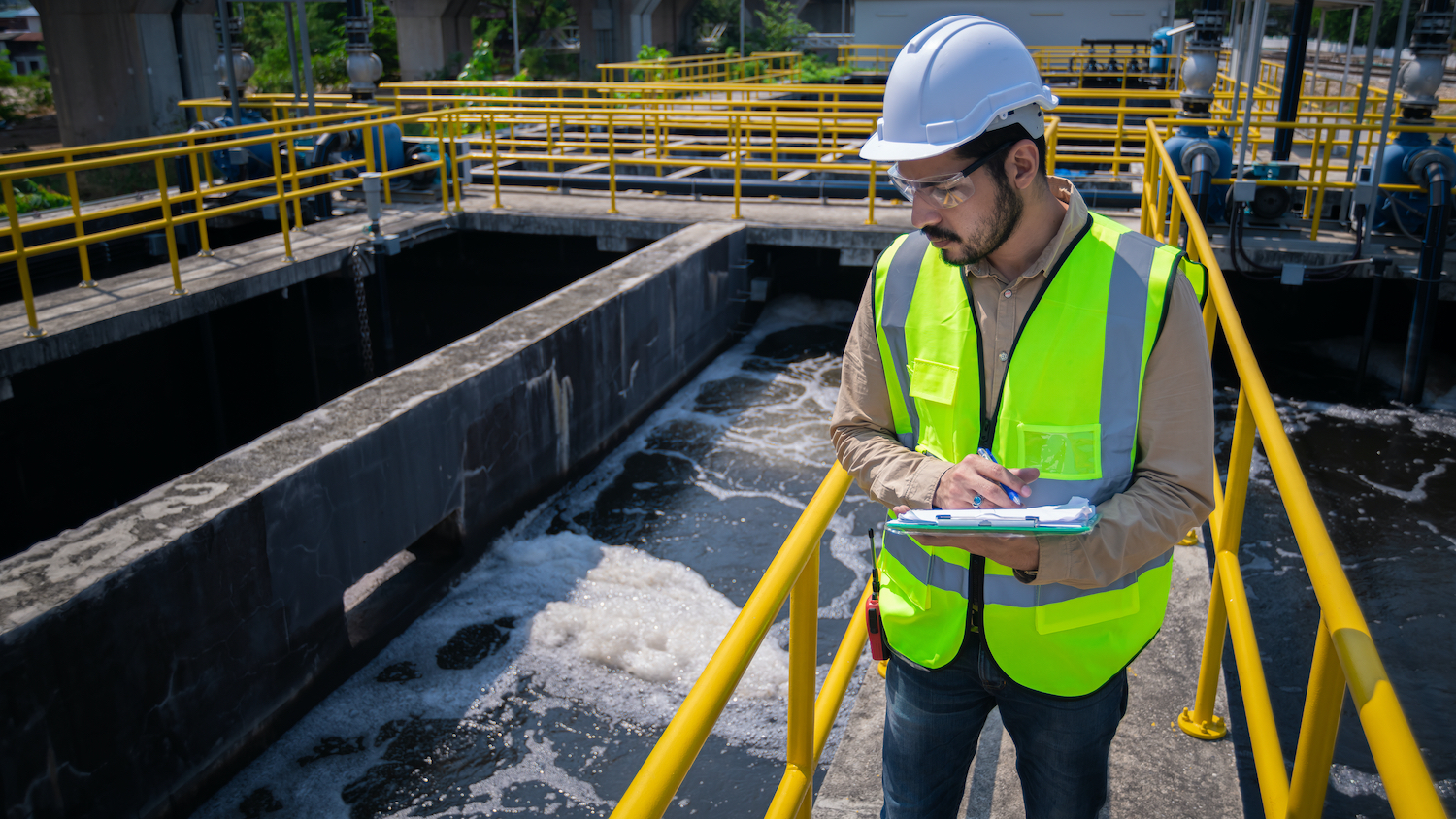A new report on water reuse in the UK is calling for urgent action to equip a skilled workforce that can ensure safety, build public trust and help tackle water scarcity challenges.
The report, Bridging the skills gap for water reuse in the UK, follows the Independent Water Commission’s review recommending regulatory action to drive the adoption of water reuse infrastructure.
Published by Waterwise as part of the Enabling Water Smart Communities (EWSC) project, the report identifies a shortage in workforce and supply chain capabilities for water reuse schemes.
This infrastructure is essential for addressing the UK’s escalating water scarcity challenges and supporting new housing development, according to the report.
Research carried out as part of the EWSC project has indicated that these water scarcity challenges could cost the UK economy £25bn in undelivered housing over the next five years in the East and South East of England.
Jo Osborn, head of policy and research at Waterwise said: “Through our discussions we discovered that current workforce and supply chain capabilities are insufficient to meet the projected demand for water reuse systems.
“The plumbing industry has an urgent need for upskilling, particularly in areas such as dual-pipe systems, water regulations, and cross-contamination prevention.”
Beyond plumbing, the report highlights a broader need for education across the construction and property sectors, including architects, designers, facilities managers, civil contractors, engineers, housebuilders, building control professionals, sales staff, and homeowners.
Osborn continued: “While the report highlights the challenges, importantly it also proposes actions we can take now to address these.
“We have already seen positive leadership by many of the water reuse and rainwater harvesting manufacturers who have already been providing training programmes and so there is good work to build on.”
The report proposes integrating water reuse into mainstream plumbing curricula, developing standardised training programmes, and leveraging flexible learning methods such as mobile apps and virtual reality.
In addition, the report recommends the professionalisation of the water reuse industry through accreditation and competent person schemes, drawing parallels with the Gas Safe model.
The report calls for a comprehensive strategy that includes:
- Training and education for all stakeholders.
- Clarification of regulatory frameworks to provide certainty and support standardisation.
- Establishment of dedicated funding opportunities to support workforce development.
- Alignment of water reuse skills with national green skills strategies and net zero goals.
Reflecting on the findings, Waterwise and EWSC have urged policymakers, training providers, industry bodies, housing developers, and the wider water sector to use the report to inform future work programmes and accelerate the adoption of water reuse technologies.
The post Skills gap threatens delivery of water reuse infrastructure appeared first on Construction Management.
View the original article and our Inspiration here


Leave a Reply